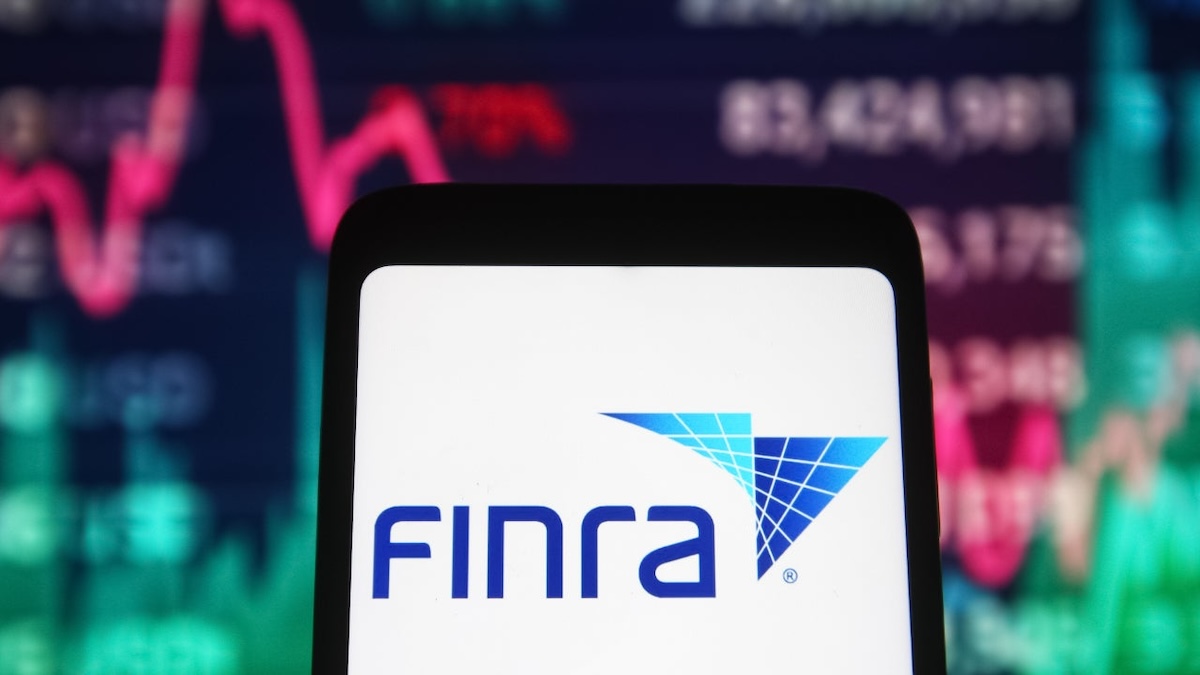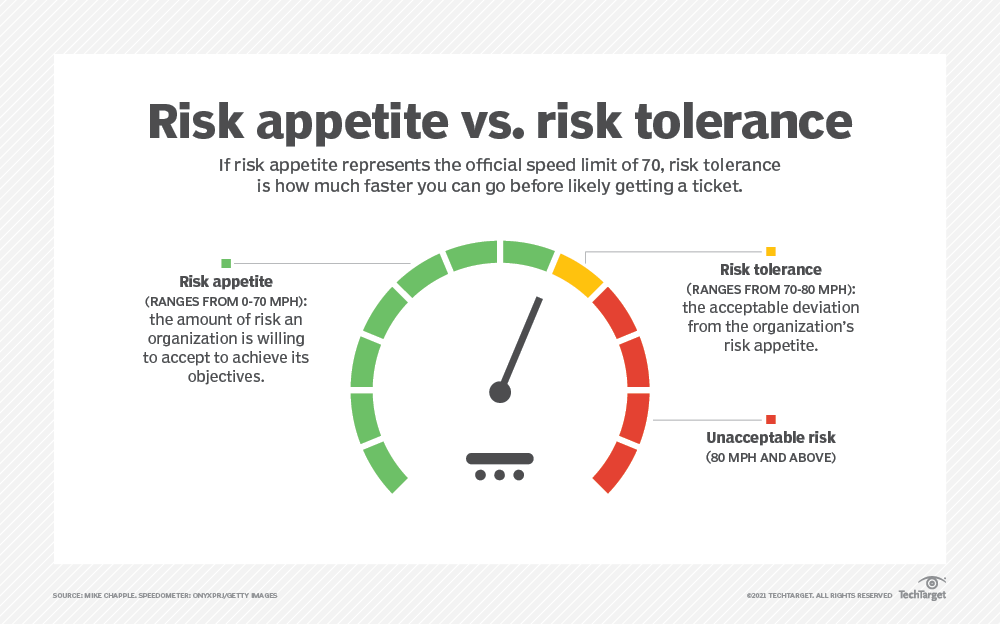Understanding the difference between solicited and unsolicited trades is crucial for investors. This knowledge not only impacts investor protection but also plays a significant role in the potential recovery of losses.
Here is why understanding solicited and unsolicited trades matters and why this distinction is important for investors like you.
What is a Solicited Trade?
A solicited trade refers to a transaction recommended by the broker to the client. It’s the broker’s responsibility to consider and execute the trade based on their recommendation. When a broker suggests purchasing a specific stock or financial product to the client, that is an example of a solicited trade.
What is an Unsolicited Trade?
An unsolicited trade is initiated by the client without a recommendation from the broker. Here, the investor takes full responsibility for the decision, and the broker merely facilitates the proposed transaction. An example of this is when a client requests the broker to buy or sell a particular security.
What’s the Importance of This Distinction?
Liability in Investment Losses
The distinction between solicited and unsolicited trades carries significant weight in terms of liability in investment losses. In the case of solicited trades, brokers can be held accountable for any losses resulting from poor recommendations. This means that if a broker advises a client on a purchase that turns out to be unfavorable based on the investor’s risk profile or financial objectives, the broker may be held liable for any resulting losses.
Navigating unsolicited trades presents a more complex scenario. Since the decision to execute the trade originates from the client rather than the broker, holding brokers accountable for losses becomes more challenging. Investors bear the responsibility for unsolicited trades, making it difficult to attribute liability to the broker if the trade produces negative results.
Sometimes, financial advisors mismark trades as “unsolicited” instead of “solicited,” in those cases, the advisor is still responsible for the recommended investment. Investors should note that some transaction confirmations will not be marked “solicited” or “unsolicited,” and in most instances, that will mean the trade was “solicited.” Confer with a knowledgeable securities lawyer if you are concerned about trading in your account.
What Regulatory Requirements Should I Be Aware Of?

Regulatory requirements add another layer of importance to distinguishing between solicited and unsolicited trades. Financial Industry Regulatory Authority (FINRA) rules mandate the proper marking of trades to differentiate between solicited and unsolicited transactions. This distinction is crucial for record-keeping purposes and facilitates effective dispute resolution in cases of investor complaints or disputes with brokers.
By accurately marking trades as solicited or unsolicited, regulatory bodies and brokerage firms can ensure transparency and accountability in the investment process. This regulatory framework is crucial for protecting investors and fostering trust and integrity within the financial markets.
Common Issues and Broker Misconduct
Mismarking Trades
Mismarking trades poses a significant challenge in the realm of brokerage activities, often involving deliberate mislabeling by brokers to sidestep accountability. This deceptive practice, aimed at masking the true nature of trades, can lead to severe implications for investor protection and recovery.
By misrepresenting trades, brokers undermine transparency and violate the trust placed in them by investors. This misconduct not only jeopardizes investors’ financial well-being but also undermines confidence in the integrity of financial markets. The implications extend beyond individual investors, impacting market stability, regulatory oversight and making measures to detect and deter such fraudulent activities necessary.
Unsuitability Claims
Unsuitability claims arise when brokers fail to ensure that solicited trades are in line with investors’ risk profiles and financial objectives. Brokers have a responsibility to act in the best interests of their clients. However, instances where brokers recommend trades that are unsuitable for investors’ financial goals or risk tolerance levels can lead to potential claims.
For example, recommending high-risk investments to conservative investors or churning accounts to generate high commissions are common scenarios where investors may pursue legal recourse to recover losses. Upholding the principle of suitability is crucial in maintaining investor trust and fostering a fair and transparent financial ecosystem.
How to Protect Yourself

Moderating Trade Confirmations
Protecting yourself from potential risks begins with vigilant monitoring of trade confirmations and account statements. Regularly reviewing these documents is vital for ensuring the accuracy of executed trades and detecting any discrepancies. If discrepancies are found, investors should take immediate action by contacting their brokerage firm to address the issue.
This may involve providing evidence of the discrepancies and initiating discussions with the firm’s customer service or compliance department. Documenting all communication and actions taken is essential for building a strong case if further resolution is needed.
Reporting Misconduct
In cases of broker misconduct, it’s important to report the issues promptly to the brokerage firm and regulatory authorities such as the U.S. Securities and Exchange Commission (SEC). Most brokerage firms have established procedures for reporting complaints, which may involve submitting a formal written complaint or contacting the firm’s compliance department directly.
Reporting misconduct not only protects individual investors but also contributes to maintaining the integrity of the financial markets by holding brokers accountable for their actions. This vigilance ensures a fair and transparent trading environment, which fosters trust and confidence among all market participants. Additionally, it helps prevent systemic risks by identifying and addressing unethical practices before they can escalate. This reporting system supports long-term market stability and promotes ethical standards within the financial industry.
Legal Support and Recovery Options
Seeking legal assistance can be instrumental in addressing broker misconduct and recovering losses from unsuitable solicited trades. Attorneys specializing in securities law can provide valuable guidance and representation throughout the process.
Sonn Law Group can assess the viability of your legal claims, negotiate with brokerage firms on your behalf and represent you in FINRA arbitration proceedings if necessary. Understanding the legal process for filing claims and pursuing arbitration is essential for asserting your rights and seeking redress for any financial harm caused by broker misconduct.
Protect Your Investments Today With Sonn Law Group
When it comes to making investments, discerning between solicited and unsolicited trades is crucial for investor protection and potential recovery in times of loss. To ensure you navigate the intricate world of investments with confidence and resilience, it’s essential to remain vigilant and seek professional advice when needed. Sonn Law Group offers a free consultation that can help you get the expert guidance you need to protect your investments and recover any potential losses.
CONTACT US FOR A FREE CONSULTATION
Se Habla Español
Contact our office today to discuss your case. You can reach us by phone at 844-689-5754 or via e-mail. To send us an e-mail, simply complete and submit the online form below.

